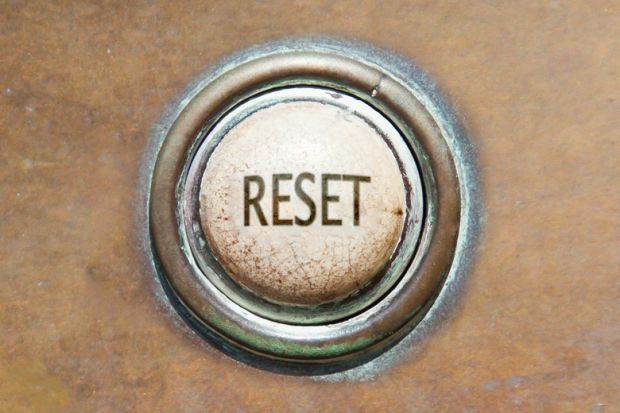Are you reading these words on page 5 of this week’s magazine, or on a screen served up by Google, Facebook or Twitter?
For most of the media, audiences are now far larger in digital form, and this opens up a world of opportunity in how to report and tell stories. Whether it’s multimedia, audience participation, live blogs or interactive visualisations, there’s a vast array of possibilities.
Jon Snow, Channel 4 News’ elder statesman, is good on the positives of this. It is, he has said, the most exciting time in history to be a journalist. With the right skills, technology and attitude, one journalist with a smartphone can do more than whole teams could in the past.
But for all the formats available, one is used more than any other: journalists continue to write the articles, interviews and analyses that have always been their stock in trade.
Just because the mode of delivery changes, it doesn’t follow that tried and tested ways of doing things automatically cease to be relevant. But nor do they have a God-given right to survive, and it’s worth noting that the same applies in scientific publishing.
And just as with academic journals, so the digital age has brought tremendous challenges for media organisations. This is true of business models, as leviathans such as Google and Facebook show how perfectly evolved they are to dominate the digital ocean, but it also applies to individual journalists, who have had to reassess, and are being asked to reimagine, everything they do.
This is relevant in higher education because academia faces the same combination of threat and opportunity. We saw the spasms of fear and excitement induced a couple of years ago by massive open online courses, and in our news pages this week, we speak to the president of the world’s largest Mooc platform, Coursera, who observes that whatever Moocs are or are not, “learners don’t care much about whether [they] are going to destroy universities”. What hooks them in their millions (admittedly for a free course that few complete) is a model that recasts higher education completely.
And in our cover story this week, Will Self, professor of contemporary thought at Brunel University London, and his colleague William Watkin, professor of contemporary literature, offer a smaller-scale example of how approaches to teaching and learning can be reconceived.
The case made by Self (and he is talking from his own disciplinary perspective) is that “our methods of textual study are currently skeuomorphic” – that is, they tend to repurpose old ways of doing things and retrofit them to the new digital environment. This, he warns, is a “futile and doomed” approach, since what is required is not just new ways of setting and marking assignments, but that we junk old ideas of what constitutes a text altogether. Watkin goes on to describe in detail how they have tried to do this at Brunel, for a course on “violence”.
It’s a useful case study because, as mediocre managers will conveniently overlook, telling someone to reconsider everything that they think they know about their job is a lot easier than doing it.
It takes a leap in imagination and no small measure of bravery to offer a really fresh perspective.
POSTSCRIPT:
Print headline: Don’t just repurpose, rethink
Register to continue
Why register?
- Registration is free and only takes a moment
- Once registered, you can read 3 articles a month
- Sign up for our newsletter
Subscribe
Or subscribe for unlimited access to:
- Unlimited access to news, views, insights & reviews
- Digital editions
- Digital access to THE’s university and college rankings analysis
Already registered or a current subscriber? Login


